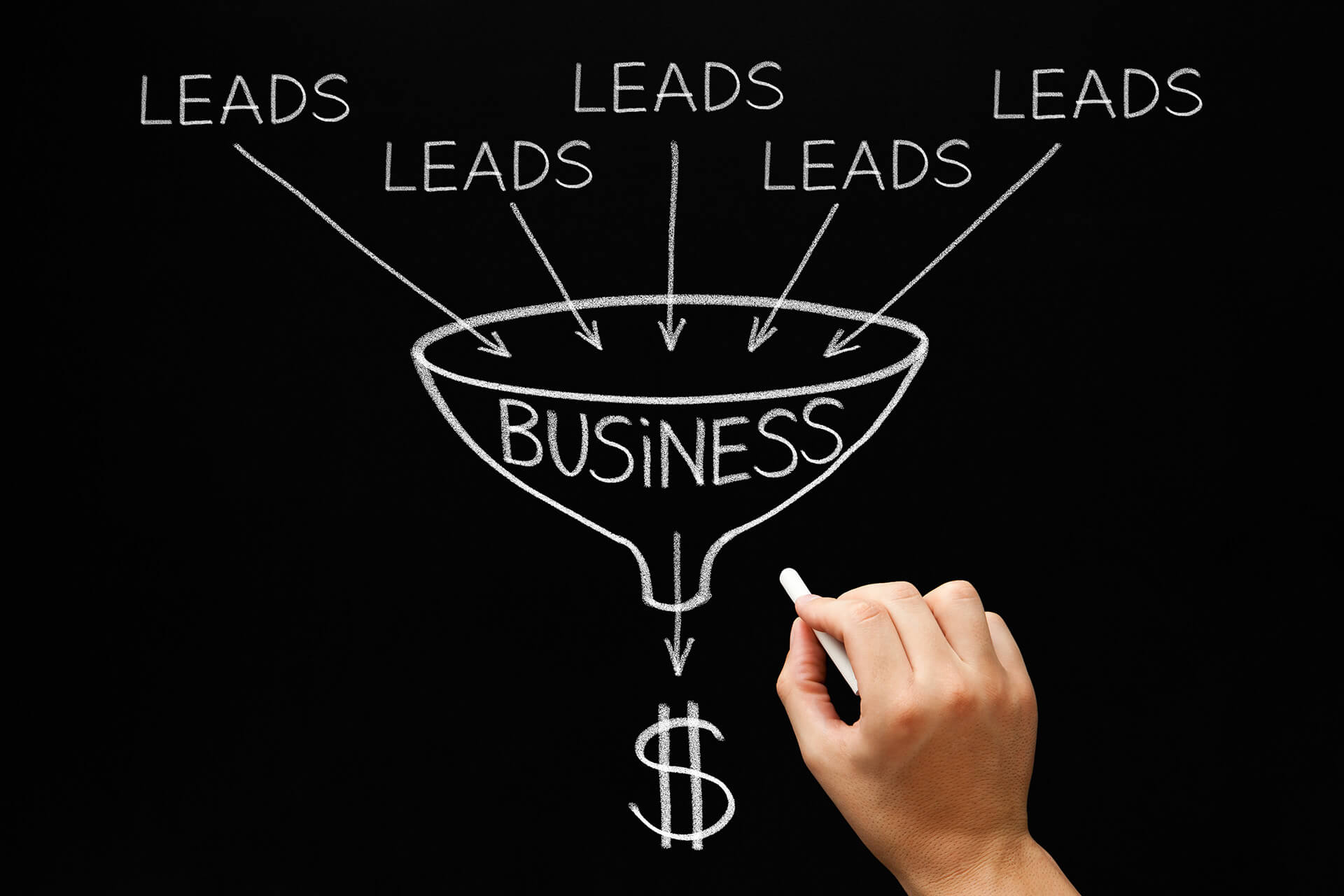What You Need To Know Before You Generate B2B Sales Leads

Subscribe to Articles
You can develop relationships to grow your business when you generate business-to-business sales leads. When you generate your leads, you can identify relevant connections, build an affiliate network, and find new clients. This article will explain how to grow your business by developing relationships.
All You Need To Know About B2B Lead Generation
How Does Lead Generation Work Exactly?
Lead generation is identifying and sparking the interest of potential clients. When you identify potential customers, that means also finding businesses out there that have an interest in your product or service. This is your target audience. When you initiate interest, you can capture information about these contacts and feed them into your sales funnel. Then the lead can be converted into a customer with a sale.
Types of Leads
A “hot” lead or marketing qualified lead (MQL) is someone that has shown enough interest in your product or service to potentially earn you a sale. The exact definition of an MQL will vary from business to business depending on the circumstances. However, to qualify these leads specifically for your business, you need to identify proper sales leads.
To identify the best leads for your specific business, you need to know where to look. You can look at the demographics of your current customers and analyze their insights. Sales and marketing teams can target the best prospects based on commonalities. Other criteria you can use to find these leads include industry, revenue size, decision-maker, organizational structure, and many more.
Lead Nurturing
Once you procure these leads, you begin the process of nurturing them. In today’s market, the objective is on the buyer’s perspective, not the sales team. The first step in lead nurturing is buyer awareness. The next step is consideration, where your potential buyer is looking for a solution. The third step is decision-making after the buyer has considered all the information presented. The final step is after the sale. When you follow up with a customer to make sure that they are satisfied, they are most likely to do business with you again. In addition, you may also get some quality word-of-mouth referrals from a new happy customer.
Online and Offline Lead Generation
Online lead generation is simply generating interest from consumers on the internet. If you have a well optimized website with a consistent brand message. Your website should also be in sync with your brand identity and should be customer centric. Other forms of lead generation developed online include Search Engine Optimization (SEO), social media, video content, email marketing, and content marketing.
Offline lead generation is every other method of drawing interest outside of the internet. There are several methods of offline lead generation including networking events, print advertising, direct mail, event sponsorship, and outbound calls.
Remember, for both your online and offline lead generations, do not forget to track your results to see which methods are most effective in generating your leads.
Analyzing and Planning
To establish your marketing budget, you must analyze your lead data. Ask yourself what your exact goals for your business are. Is your priority at the time generating leads, increasing sales, or increasing brand awareness? According to a recent study, companies spend about 7 percent of their annual revenue on marketing, depending on the size of the business. When you analyze your customer data, you can use that information to plan your marketing campaign.
Best Lead Generation Tools
Lead generation can be a very complex process. There are several tools on the market that can help you grow your business.
Google Analytics is the place to begin to get insights from your website.
Tools such as Mailchimp or Campaign Monitor can help you create a form for leads to add basic information about themselves to use for marketing purposes.
A Customer Relationship management database (CRM) is the best place to organize your data. There are many CRMs out there to choose from with different functions.
If you are unsure how to use LinkedIn to grow your business, LinkedIn Sales Navigator can help you target the right prospects, understand important insights, and provide many methods of personalized outreach and prospecting.
Promotora Systems Inc. has several coaching programs that can help you build your affiliate network and relationships with quality connections. Contact us today to get started.